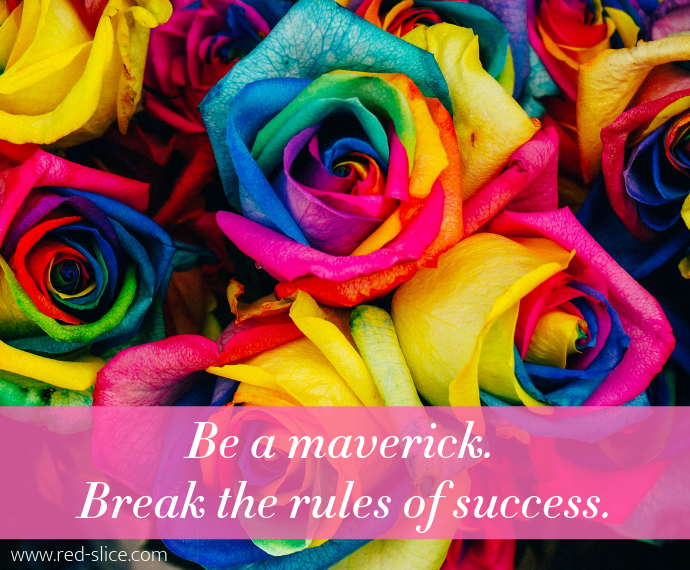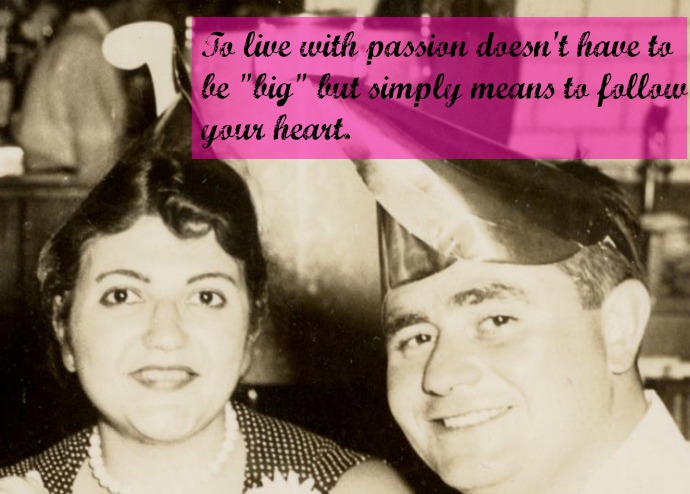We are in some tough times.
Layoffs, Market volatility. For many, returning to work or at least navigating change in a hybrid environment.
Managers are currently caught in the middle. They are feeling pressured from above to get back to delivering stellar results and improving profitability. And they are squeezed by their people, demanding (rightly, after many decades of the opposite) a more human-centered and healthy approach to integrate their work and life. The Pandemic accelerated this movement, and many workers don’t want to go back.
That leaves many leaders stuck – and exhausted.
These folks want to embrace compassionate leadership as a catalyst for innovation, collaboration, and engagement They really do. But how can they do so without losing their own health and sanity in the process? How can they avoid burnout?
The answer is not to give everyone whatever they ask for, nor is it to force you or the team to take on extra work. It also does not mean you become an unlicensed therapist and then slip on your own responsibilities.
In my new book, I’m developing five pillars to being an effectively empathetic leader while still expecting excellence, setting boundaries, and avoiding burnout.
Setting boundaries is essential for any leader to prevent burnout and maintain high-performance standards while still caring for their people as…well, people. Here are some strategies that can help leaders set better boundaries at work:
- Set clear expectations: Communicate with your team members and colleagues about your availability, working hours, and the time it takes to respond to emails or messages. This will help them understand your boundaries and respect them.
- Prioritize self-care: Take care of your physical and mental health by exercising regularly, eating well, and getting enough rest. Find hobbies that keep you in the present moment or simply give you joy, working out a different part of your brain. This will help you feel more energized and productive during work hours.
- Delegate tasks: Identify tasks that can be delegated to team members or outsourced to external vendors. And then trust them to do it! This will help you focus on high-priority tasks and prevent burnout.
- Say no: Learn to say no to requests that do not align with your priorities or are outside of your capacity. It’s better than saying yes and then dropping the ball! Saying no can be difficult, but it’s necessary to maintain boundaries and prevent over-committing.
- Take breaks: Take regular breaks during the day to refresh your mind and recharge. This can include taking a walk, meditating, or engaging in any activity that helps you relax. Schedule them in your calendar, or you likely won’t do them!
- Unplug: Set aside specific times during the day when you will unplug from work-related technology, such as email and messaging platforms. This will help you disconnect from work and prevent burnout. Again, scheduling and time blocking this is key.
Remember, setting boundaries is a continuous process that requires self-awareness, communication, and commitment. By setting clear boundaries, you can improve your well-being and productivity as a leader. – and still, be empathetic and compassionate with your team.
Editor Note: I experimented with ChatGPT to initially draft this blog post and then polished it to make it my own. I was delighted to find that many of the concepts I’ll be talking about in my new book, coming Fall 2024, are referenced in this list. While I am always skeptical of AI technologies, I highly recommend you play with ChatGPT for your own content, research, or brainstorming!
Photo credit: Danie Franco on Unsplash






 When it comes to the end of your life, will you look back with regret or gratitude?
When it comes to the end of your life, will you look back with regret or gratitude?